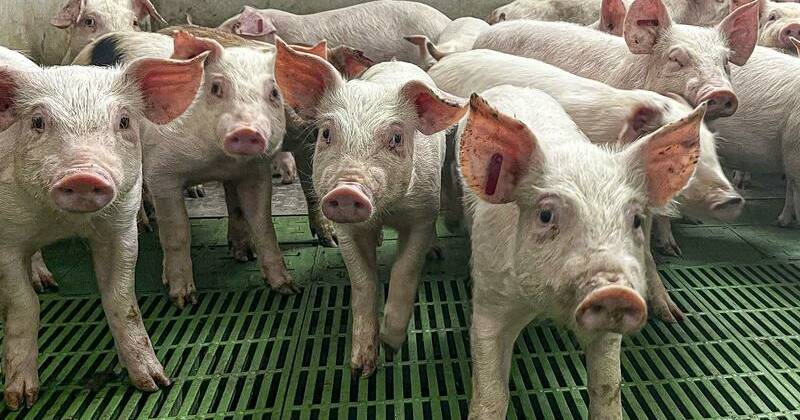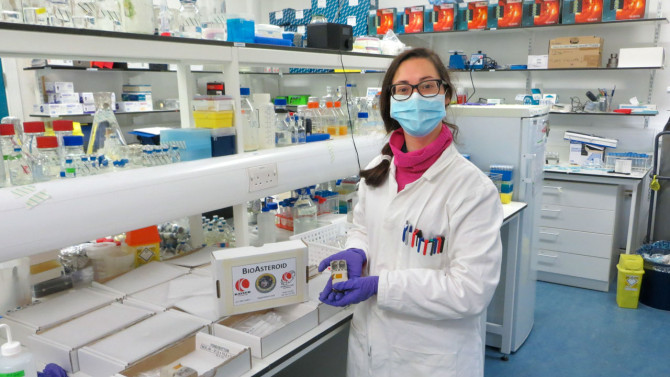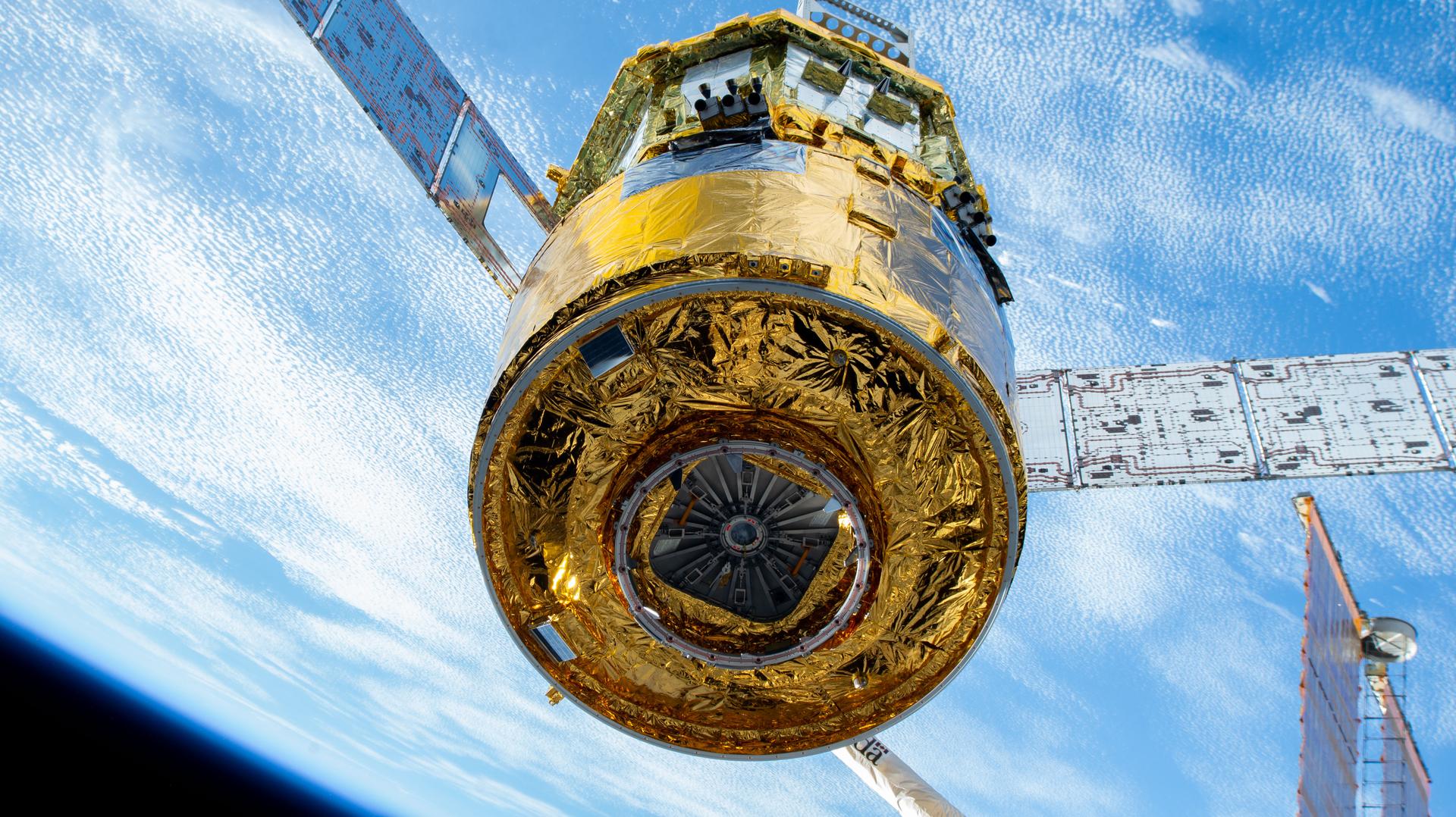
In a pivotal gathering, world leaders convened at the Global Economic Summit 2023 in Geneva, Switzerland, this week to address pressing issues such as climate change and international trade tensions. The summit, which began on Monday, has brought together heads of state, economists, and environmental experts to forge collaborative solutions for these global challenges.
The summit’s opening session was marked by a call to action from United Nations Secretary-General António Guterres, who urged nations to “act decisively and collectively” in combating climate change, which he described as “the defining issue of our time.” The event has already seen significant discussions on reducing carbon emissions and promoting sustainable economic growth.
Climate Change Takes Center Stage
Climate change has emerged as a central theme at this year’s summit, with leaders emphasizing the need for immediate and concerted efforts to curb greenhouse gas emissions. The urgency of the matter was underscored by recent reports from the Intergovernmental Panel on Climate Change (IPCC), which warned of the accelerating impacts of global warming.
According to the IPCC, global temperatures are on track to rise by 1.5 degrees Celsius above pre-industrial levels by as early as 2030, with potentially catastrophic consequences for ecosystems and human societies.
“We are at a critical juncture,” said IPCC Chair Hoesung Lee. “The choices we make today will determine the future of our planet and the wellbeing of generations to come.”
In response, several countries have pledged to enhance their climate commitments. The European Union announced a new initiative to achieve carbon neutrality by 2050, while China has reaffirmed its commitment to peak carbon emissions before 2030.
Trade Tensions and Economic Recovery
While climate change dominated the agenda, trade tensions also featured prominently in discussions. The summit comes amid ongoing disputes between major economies, including the United States and China, which have affected global supply chains and economic stability.
U.S. Treasury Secretary Janet Yellen addressed the summit, highlighting the importance of open and fair trade practices. “Trade should be a tool for economic recovery, not a source of conflict,” she stated, urging countries to resolve disputes through dialogue and cooperation.
Meanwhile, the World Trade Organization (WTO) has been actively involved in mediating these disputes. WTO Director-General Ngozi Okonjo-Iweala emphasized the need for reforms to the multilateral trading system to better address the challenges of the 21st century.
“We must adapt our trade rules to reflect the realities of today’s interconnected world,” Okonjo-Iweala said. “This includes addressing issues such as digital trade and sustainable development.”
Expert Opinions and Historical Context
Experts attending the summit have drawn parallels between the current economic challenges and historical events. Dr. Michael O’Sullivan, a renowned economist, noted similarities to the post-World War II era, when nations came together to rebuild the global economy through cooperation and innovation.
“Just as we did in the aftermath of the Second World War, we need a new Bretton Woods moment,” O’Sullivan remarked, referring to the 1944 conference that established the modern international financial system.
Environmental scientists have also weighed in, emphasizing the need for a holistic approach that integrates economic policies with environmental sustainability. Dr. Jane Goodall, a leading conservationist, urged leaders to consider the long-term impacts of their decisions on biodiversity and natural resources.
“We cannot separate the health of our economies from the health of our planet,” Goodall stated. “They are intrinsically linked.”
Looking Ahead: Implications and Next Steps
The outcomes of the Global Economic Summit 2023 are expected to shape international policies for years to come. As the summit draws to a close, participants are drafting a comprehensive action plan that outlines commitments and strategies for tackling climate change and promoting equitable trade practices.
Observers anticipate that the agreements reached in Geneva will influence upcoming international conferences, including the United Nations Climate Change Conference (COP28) later this year. The summit’s focus on collaboration and innovation may also inspire new partnerships between governments, businesses, and civil society organizations.
As the world grapples with these complex challenges, the Global Economic Summit 2023 serves as a reminder of the power of collective action and the importance of global solidarity in addressing the most pressing issues of our time.





